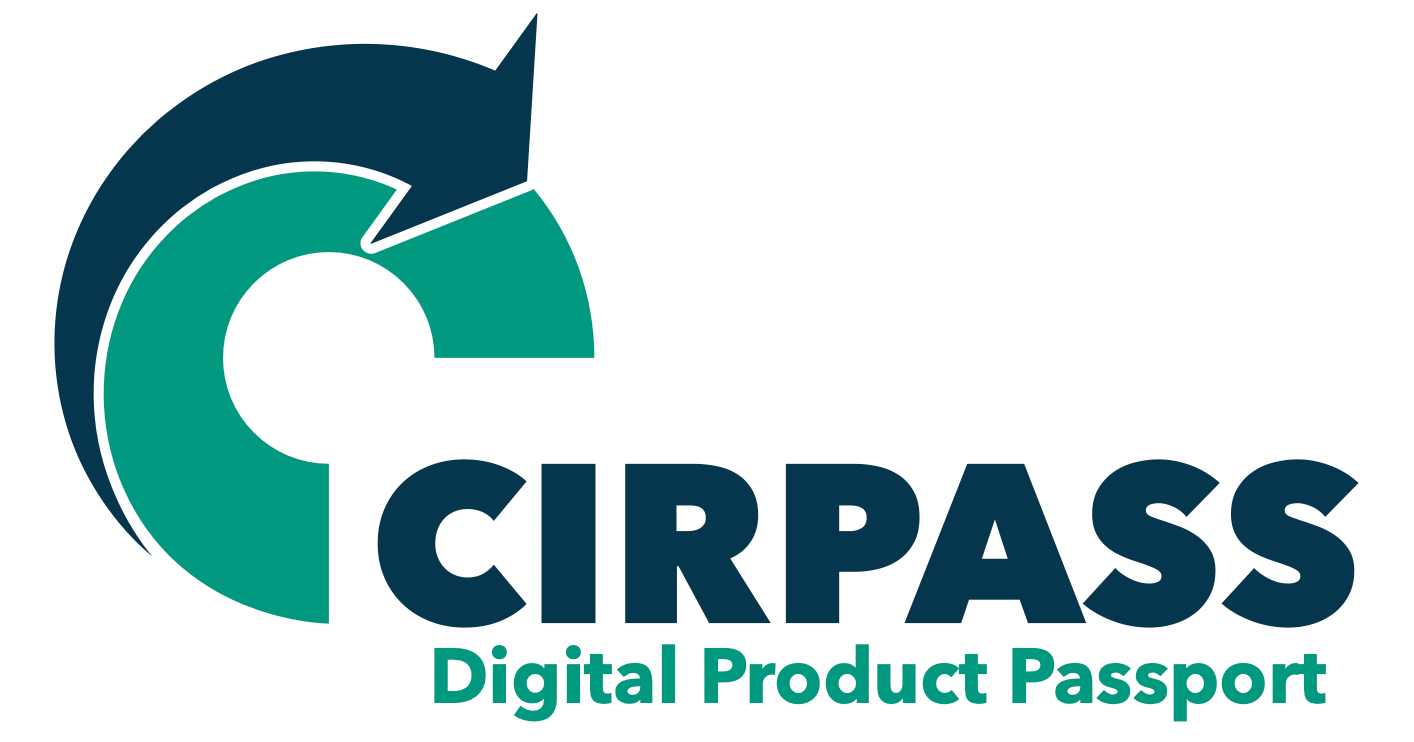Thank you for visiting the Finch & Beak website. Finch & Beak is now part of SLR Consulting, a global organization that supports its clients on setting sustainability strategies and seeing them through to implementation.
This is an exciting time for us, as our team now includes an array of new colleagues who offer advisory and technical skills that are complementary to our own including Climate Resilience & Net Zero, Natural Capital & Biodiversity, Social & Community Impact, and Responsible Sourcing.
We would like to take this opportunity to invite you to check out the SLR website, so you can see the full potential of what we are now able to offer.
The European Regulation on Ecodesign for Sustainable Products Regulation (ESPR) defines a DPP as a tool ”to electronically register, process and share product-related information amongst supply chain businesses, authorities and consumers. This is expected to increase transparency, both for supply chain businesses and for the general public and increase efficiencies in terms of information transfer. In particular, it is likely to help facilitate and streamline the monitoring and enforcement of the regulation carried out by EU and Member State authorities. It is also likely to provide a market intelligence tool that may be used for revising and refining obligations in the future.”
ESPR Digital Product Passport (DPP)
SLR Consulting is a member of the CIRPASS consortium, along with 30 other European partners, led by the CEA (Alternative Energies and Atomic Energy Commission) of France. The CIRPASS project funded by the EU’s Digital Europe Programme, is doing the groundwork for the future development of the Digital Product Passport, including DPP prototypes for three key sectors: electronics, batteries, and textiles. And to ensure the cross-sectoral inter-operability of DPPs among European and international bodies and standardization organizations. CIRPASS is an acronym for Collaborative Initiative for a Standards-based Digital Product Passport for Stakeholder-Specific Sharing of Product Data for a Circular Economy.
This high-profile Consortium combines expertise from across theses three industries, as well as stakeholders along the international production, supply, and distribution chains, laying the foundation for the deployment of a highly integrated product passport template by 2030.

The linear economic model of extract/process/use/dispose of is no longer valid, and we need to embrace the circular model of use/reuse/return/recycle to reduce waste and increase efficiencies – otherwise known as the circular economy. The insatiable demand for natural resources (minerals, metals, cotton, fibers, etc, many of which are sourced in developing economies) in our supply chains for the manufacture of new products, is one of the main contributors to climate change.
‘Responsible sourcing, including certifiable environmental sustainability of raw materials along the supply chain will be critical to ensure that product consumption in Europe is not at the expense of the environment and climate mitigation’. This is at the heart of the Digital Product Passport philosophy – delivering a track-and-trace system from source to consumer, with a fully traceable supply of inputs for a range of products – ultimately to be returned to the circular economy to reduce resource consumption.
As a consumer, it means that when you buy a product in the future it will display a signifier (the DPP). This signifier will indicate that this product, as a whole and/or its individual components, is traceable and responsibly sourced. As a consumer, it also means that you can be assured that this product has likely already passed through the economy and will continue on its circular journey after you have no more use for it.
The movement toward circularity is advancing rapidly and the information that DPPs will make available to stakeholders along the supply chain has the potential to ensure higher standards of social and environmental sustainability at source, as well as new opportunities for digital and supply chain businesses. From regulatory, consumer rights, and ethical standpoints, the DPPs will provide the European business community with a trusted and practical mechanism to address climate change through enhanced circularity.
Learn more about CIRPASS by downloading the factsheet at the top of this page.
CIRPASS wants to engage with as many people as possible to ensure the DPP will meet the needs of European suppliers, manufacturers, intermediaries, distributors, wholesalers, traders, retailers, recyclers, SMEs, and consumers. You can engage and keep up to date on the work of CIRPASS through the CIRPASS website and the CIRPASS social media channels on LinkedIn and Twitter.
If you or your business partners are interested in taking part in CIRPASS engagement activities, and you would like to be included in our stakeholders contact list, please email info@cirpassproject.eu
Photo by Daria Nepriakhina on Unsplash
Finch & Beak
hello@finchandbeak.com
+34 627 788 170